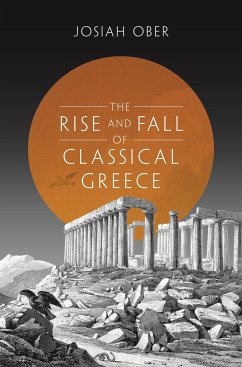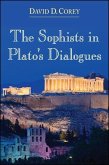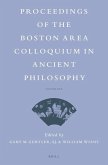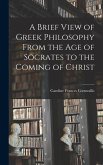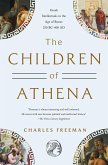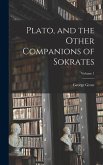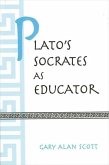Why did Greece reach such heights in the classical period - and why only then? And how, after "the Greek miracle" had endured for centuries, did the Macedonians defeat the Greeks, seemingly bringing an end to their glory? Drawing on a massive body of newly available data and employing novel approaches to evidence, Josiah Ober offers a major new history of classical Greece and an unprecedented account of its rise and fall. Ober argues that Greece's rise was no miracle but rather the result of political breakthroughs and economic development. The extraordinary emergence of citizen-centered city-states transformed Greece into a society that defeated the mighty Persian Empire. Yet Philip and Alexander of Macedon were able to beat the Greeks in the Battle of Chaeronea in 338 BCE, a victory made possible by the Macedonians' appropriation of Greek innovations. After Alexander's death, battle-hardened warlords fought ruthlessly over the remnants of his empire. But Greek cities remained populous and wealthy, their economy and culture surviving to be passed on to the Romans - and to us.
"In the late fourth century B.C., Aristotle and his students collected the constitutions of more than 150 [] city-states. The scholar who would today follow in Aristotle's footsteps has to deal with a far more formidable mass of data. Few of today's scholars control more of this data, or write about it more insightfully, than Josiah Ober. [T]hose willing to put in the effort will learn much from the deep meditations of an expert historian and political philosopher."--James Romm, Wall Street Journal

